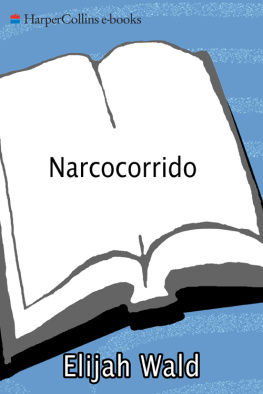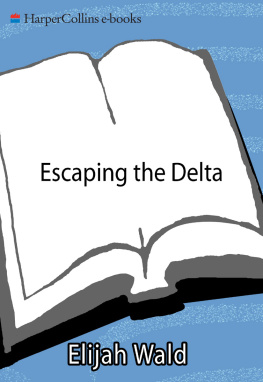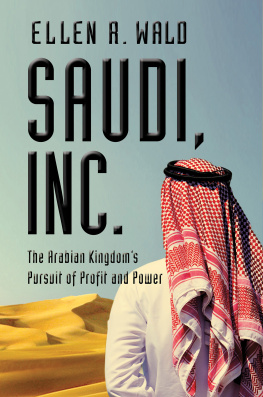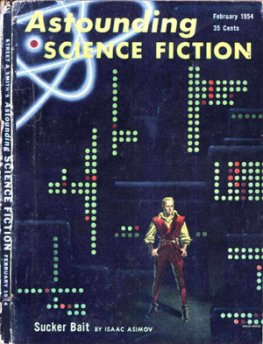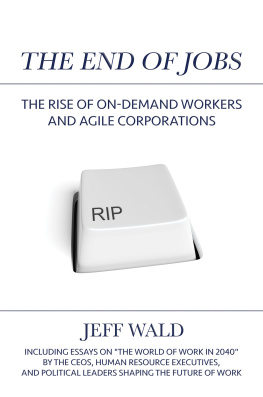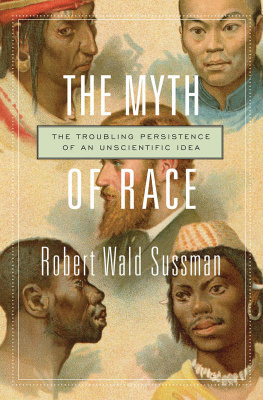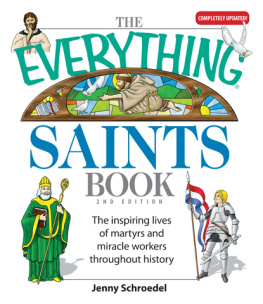Exiles from a Future Time
2002 The University of North Carolina Press
All rights reserved
Designed by Richard Eckersley
Set in Trinit
by Tseng Information Systems, Inc.
Manufactured in the United States of America
The paper in this book meets the guidelines for permanence and durability of the Committee on Production Guidelines for Book Longevity of the Council on Library Resources.
Publication of this book was partially supported by the William Rand Kenan Jr. Fund of the University of North Carolina Press.
Library of Congress Cataloging-in-Publication Data
Wald, Alan M., 1946
Exiles from a future time: the forging of the mid
twentieth-century literary left / Alan M. Wald.
p. cm.
Includes bibliographical references and index.
ISBN 0-8078-2683-9 (alk. paper)
ISBN 0-8078-5349-6 (pbk.: alk. paper)
1. American literature20th centuryHistory and criticism. 2. Communism and literature United StatesHistory20th century. 3. Socialism and literatureUnited StatesHistory20th century. 4. Right and left (Political science) in literature. I. Title.
PS228.C6 W35 2002
810.9'358dc21 2001053069
Cloth 06 05 04 03 02 5 4 3 2 1
Paper 06 05 04 03 02 5 4 3 2 1
To my daughters, Sarah and Hannah,
in hopes of a better world
I am that exile
from a future time,
from shores of freedom
I may never know,
who hears, sounding in the surf,
tidings from the lips of waves
that meet and kiss
in the submarine gardens
of a new Atlantis...
From The Bellbuoy, by Sol Funaroff
Contents
Illustrations
Guy Endore
Don West
Joseph Kalar
Edwin Rolfe
John Dos Passos and Michael Gold
Michael Gold, early 1920s and late 1920s
Michael Gold and his brothers
Alexander Trachtenberg
Claude McKay
Langston Hughes
Richard Wright
Eugene Clay Holmes
Meridel Le Sueur
Horace Gregory
Granville Hicks
V. J. Jerome
Francis Winwar
Joseph Freeman
A. B. Magil
Herman Spector
Sol Funaroff
Three portraits of Alfred Hayes 53
Genevieve Taggard
Ruth Lechlitner
Joy Davidman
Alain Locke
Arna Bontemps
Sterling Brown
Margaret Walker
William Attaway
Ralph Ellison
John Malcolm Brinnin
Muriel Rukeyser
Preface
Exiles from a Future Time is the inaugural volume in a sequence treating the Literary Left in the United States as an undammed stream running from the time a Communist-led tradition was first forged in the early 1930s, through the traditions various permutations and crises, until it was supplanted by a New Left cultural upheaval in the 1960s. In this and subsequent books I will reconfigure the themes, chronology, and personnel of our indigenous Marxist cultural movement, progressing in each volume from topics such as the creation of a proletarian avant-garde in poetry to radical regionalism in fiction, and then to the Left presence in mass culture and the cultural criticism produced by blacklisted literature professors in the McCarthy era.
The structure of the order of themes from Exiles to subsequent books in the series will not be stringently chronological, nor will it correspond to decades. Rather, a succession of leitmotifs, originating with romantic-utopian impulses in Exiles and shifting to militant antifascism followed by resistance to domestic repression in successor studies, will distinguish the prevalent trend of the particular books. Some cultural developments very much rooted in the 1930s (the evolution of the Workers Theater movement, the rise of the proletarian novel, the founding of the journal Science & Society, the attraction of Jews to the Left) will only be approached in later volumes, while careers surveyed in this first book will not be broken off precipitously but pursued to encompass episodes as late as the 1960s. In reconstructing careers and trajectories, Exiles and its successors grant unique accentuation to the 1940s50s bridge between the 1930s and the 1960s, which are relatively neglected decades for the study of Left writing.
Moreover, in the various volumes, women authors, writers of color, gay and lesbian cultural workers, along with divers genres, will be contemplated in the general narrative as well as in discrete chapters. The design is to acknowledge the patterns of particular cultural strains associated with collective experiences, while also contesting customary compartmentalization of Left cultural workers (as Writers of the 1930s, Black Radicals, Political Poets) and reassembling the intricate lacework of overlapping and interfacing that constitutes the actuality of the Left community.
While the aim of this project is not to demonstrate any particular pet theory, my contemplation of the material in this first volume has caused me to revisit, and finally to introduce, six conceptual approaches to cultural practice that in assorted, serrated, and overhanging fashions apprehend central (and memorable) aspects of the lives and works of my subjects:
1. The elective affinity that
impelled them into a common project.
2. The revolutionary romanticism that bedeviled even the most modern of their cultural endeavors.
3. The force fields of publications, networks of cultural activists, and writers organizations that partly shaped cultural work within the framework of national and international events.
4. The gender ideology with which women writers grappled as they sought to negotiate personal experience and political loyalties.
5. The Afro-cosmopolitanism championed by Black Marxists in white America.
6. The avant-garde quality of the poetry ensuing from the Lefts equivocal quarrel with High Modernism.
Some chapters give extended stress to one concept over another; for example, Chapters 3 through 5 are apportioned to exploring creative personalities within the force fields of Left institutional infrastructures, while Chapters 2, 6, and the conclusion speak to modernism and the avant-garde. Yet the concepts also accrue particular attention in parts of other chapters; for example, gender ideology and Afro-cosmopolitanism are somewhat addressed in Chapter 3, and then both are investigated more exhaustively in Chapters 7 and 8. In some other areassexual orientation, connections with the film industrysome particulars are given in Exiles, but extensive analysis is projected for a later volume. In order to avoid bogging down the narrative with excessive theoretical discourse, these six approaches and other concepts (such as Walter Benjamins living in a state of emergency) will be elaborated, albeit briefly, in the most appropriate chapter.
Exiles carries forward the exertions of other scholars to speak to cultural commitment in terms of political affiliations, stances, and activities, as well as in respect to the aesthetics and forms of cultural production itself.ideological and organizational ties to the Communist Left, actually yield? Readers may be surprised by the answers.
My motivation to produce such a revisionist work about the mid-twentieth-century Literary Left stems first of all from my sustained encounters as a reader with the fiction and poetry generated by several hundred imaginative writers who identified with Marxist movements in mid-century. (By this I mean writers who either openly proclaimed their political affiliation or else demonstrated an association with the Communist Party and Left-led organizations over a protracted period of years, thereby indicating that the connection was not merely an accident or the result of a misunderstanding.) While probing the range of possible relations between creative practice and radical political commitment, I found that many lesser-known authors were as intriguing and meaningful as the twenty or so canonical radical writers who have dominated earlier studies.
Next page

